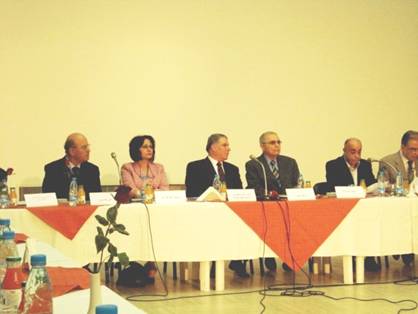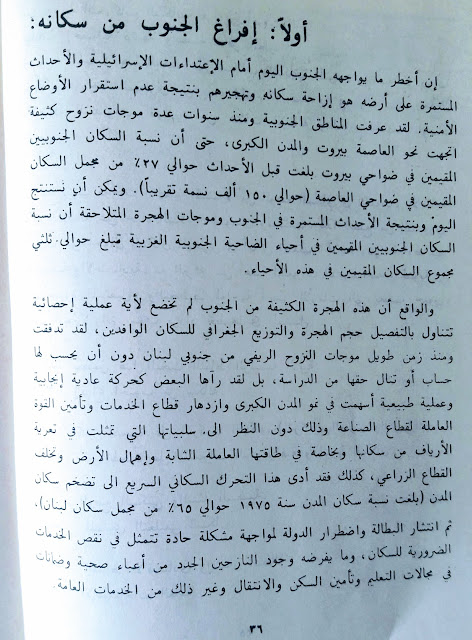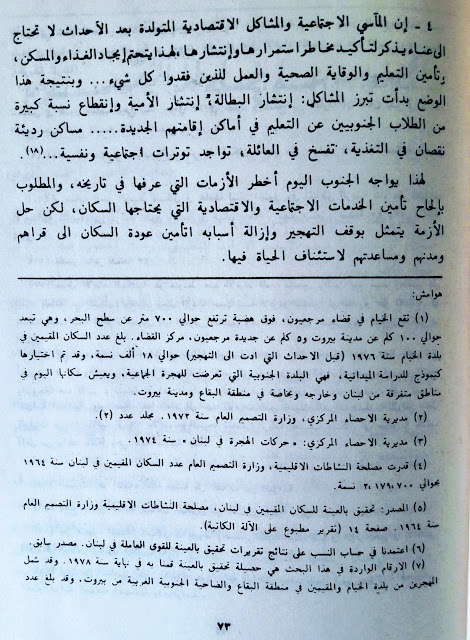Dr Ali Faour:“The Role of the Lebanese Emigrants in the Development and Stability of Lebanon”
LERC participates in a Workshop in Beirut on “The Role of the Lebanese Emigrants in the Development and Stability of Lebanon”
Thursday, 17th April 2008. UNESCO Palace, Beirut.
By Basma Abdel Khalek
Visiting Research Assistant
Under the patronage of the Ministry of Foreign Affairs and Emigrants and the General Directorate of Emigrants, a workshop entitled The Role of the Lebanese Emigrants in the Development and Stability of Lebanon.
The workshop focused on diaspora homeland development through inflows of remittances and investments, and through diaspora homeland politics through the lobbying role of the Lebanese emigrants in maintaining socio-political stability in the country and among them.
Dr. Jihad El Akl opened the session by articulating some of the major debatable emigration issues that would be discussed in the workshop including the political, economic and development role of the diaspora. The chair and the first speaker, the General Director of Emigrants Mr. Haitham Jumaa, explained the purpose of the workshop as an exercise aimed at enriching the Lebanese government’s knowledge on the topic especially that international migration has become an important topic of debate in both the sending and receiving countries. Mr. Jumaa announced the creation of the database aiming at registering the migration activity in Lebanon as a step forward towards statistical data collection.

From left to right: Dr. Ali Faour, LERC Associate Director Guita Hourani, General Director of Emigrants Haitham Jumaa, Former Ambassador Riad Tabbara, Dr. Jihad El Akl, and Dr. Anis Abi Farah.
Dr. Ali Faour stated that emigration had become a human hemorrhaging and an outright theft of human resources. He spoke of development policies that would allow for a better management of migration. He suggested employing dialogue to solve problems, to stop violence and to end the environment of insecurity. He also proposed the enhancement of administrative decentralization and of the role of municipalities for better local development. He finally stressed the need to have a better way of collecting statistical data on migration.

















































































